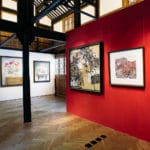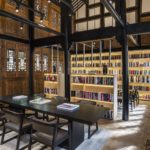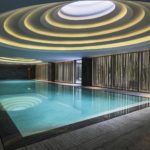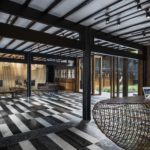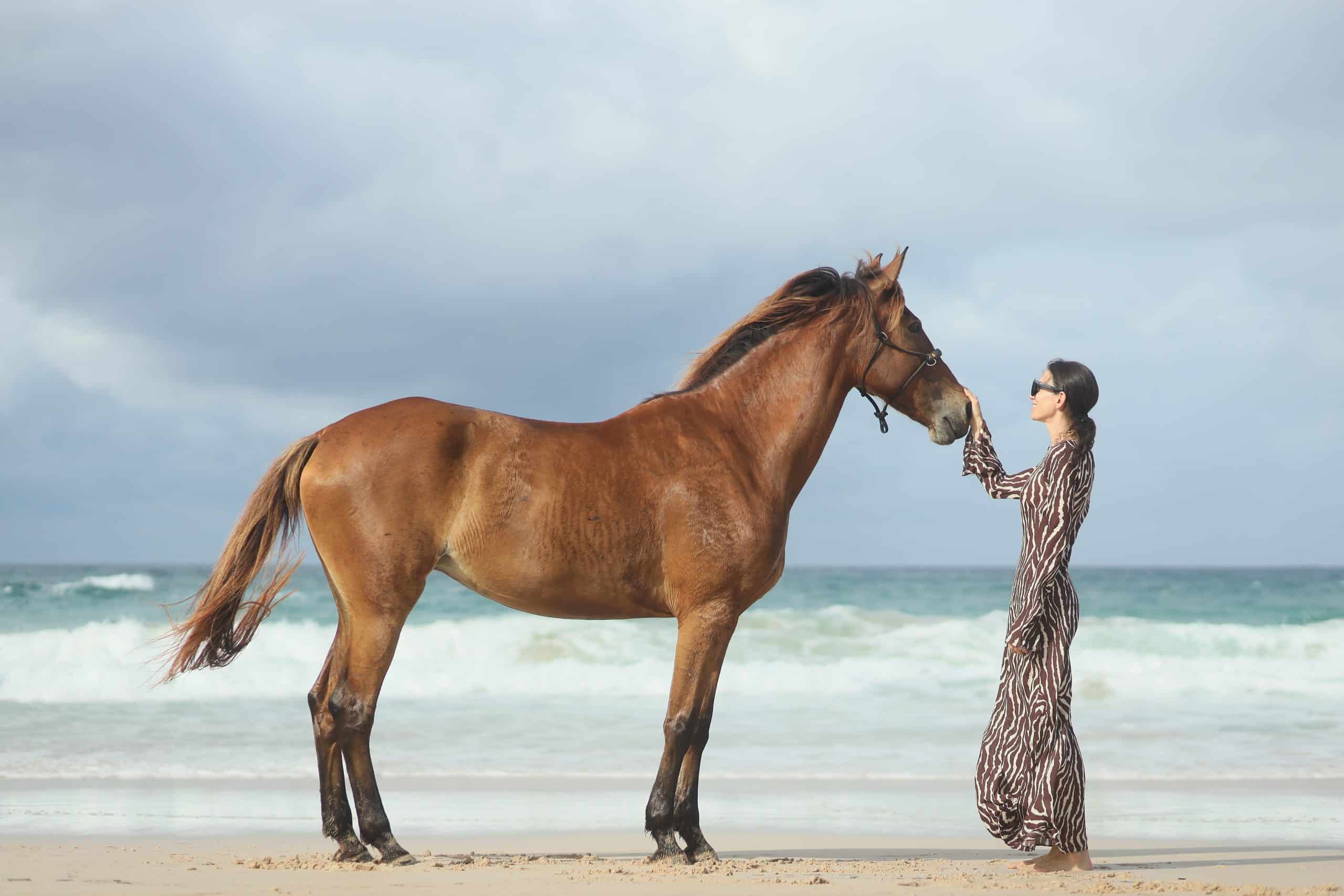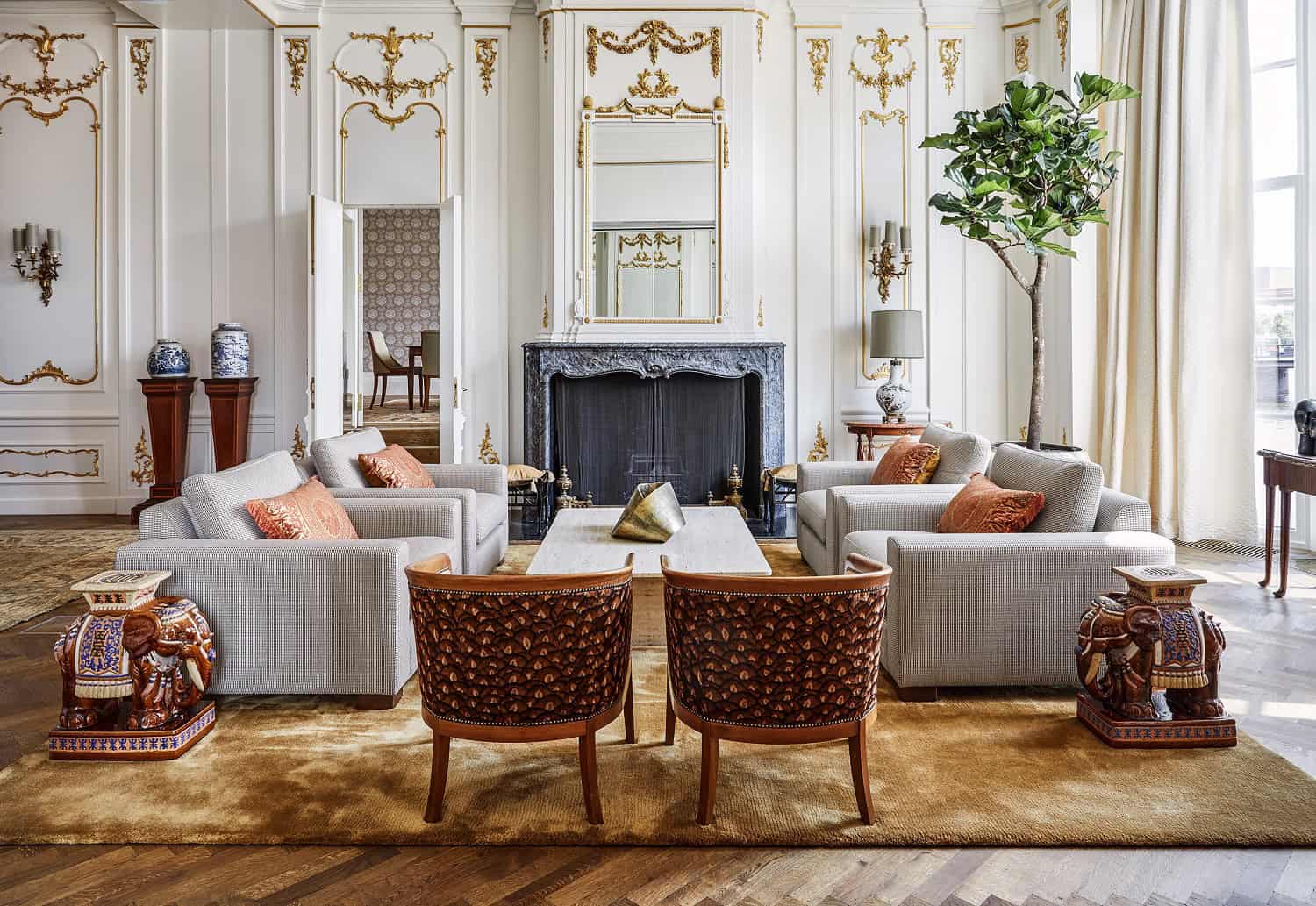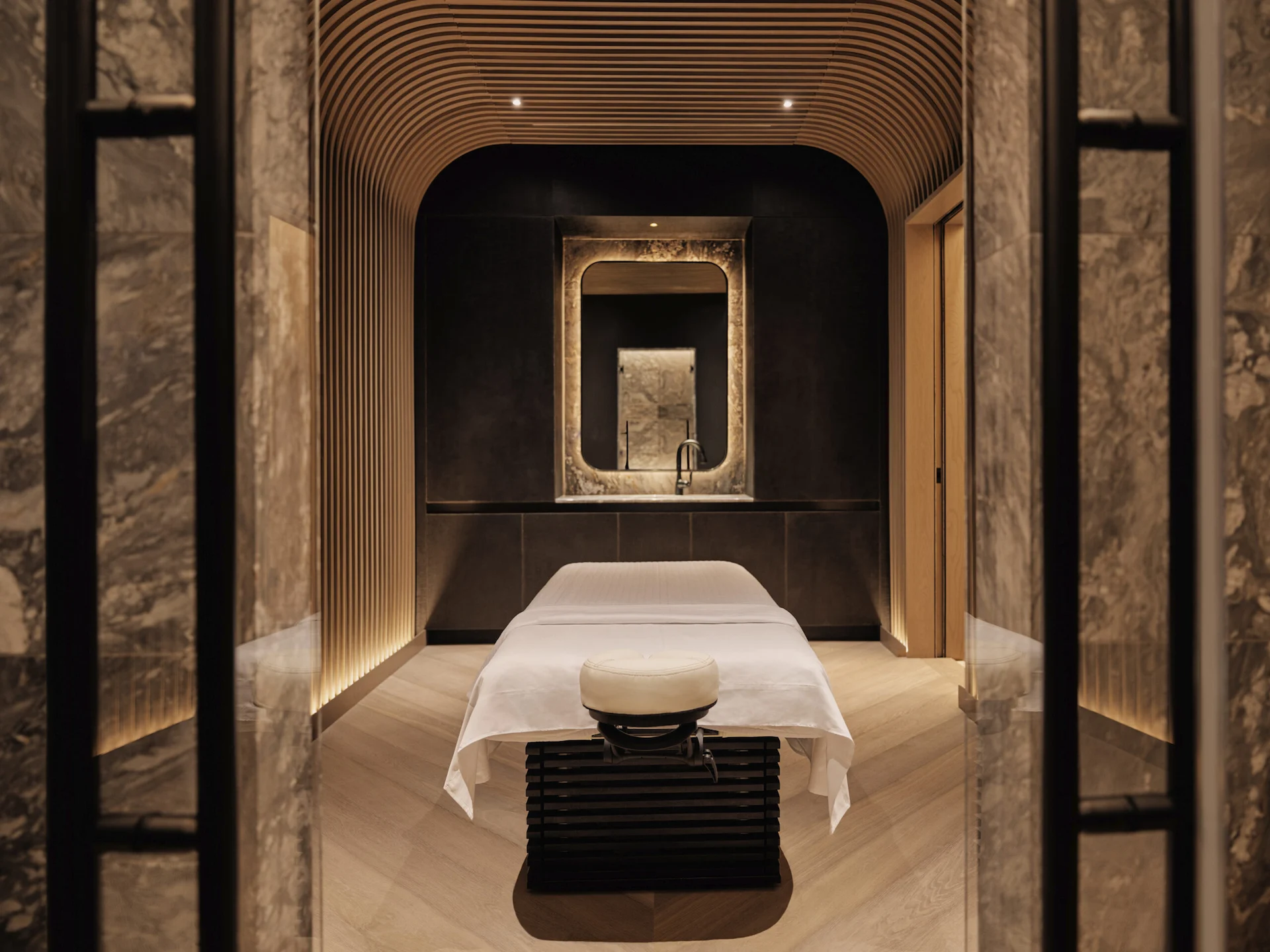Chengdu in Sichuan Province, China, is best known for its world-famous panda research centres and super spicy cuisine—but beyond the bustle of the Sino-Ocean Taikoo Li shopping mall in the city centre, The Temple House Chengdu has been making a name for itself in the luxury wellness travel community. Winning multiple awards and becoming one of China’s best-regarded luxury hotels and spas, The Temple House caters luxury travellers from around the globe, in addition to the oft-forgotten family market, pet owners, and male wellness travellers. Recently overhauling their spa and wellness programme, Compare Retreats caught up with The Temple House General Manager Kurt Macher, who has more than 27 years experience working in luxury hospitality in his native Austria, Switzerland, France, Canada, UAE, the Caribbean, USA, Singapore, Hong Kong, and now Mainland China. We chat with Kurt about TCM, sustainability and what guests can expect from a wellness escape at The Temple House.

Tell us a little bit about The Temple House. The Temple House is part of Swire’s Sino-Ocean Taikoo Li Chengdu, a shopping mall development. The hotel is in the centre of Chengdu: the area is pedestrianised with no cars are allowed, and the 1000-year-old Buddhist Daci Temple that we are named after is two minutes away. Since opening in 2014, the hotel has won multiple awards. We’ve been in Trip Advisors top rankings in Chengdu, China and Asia consistently over the last three years, and our spa Mi Xun won the Asia Spa Awards for Best New Spa of 2016 and Best Hotel Spa of the Year by SpaChina Awards 2018. We’ve been recognised on ‘best of’ lists with Conde Nast Traveller, Travel + Leisure, SpaChina, Tatler and Fodors Travel, as well as always being awarded for our wine collection, which just last month won Best Wine List in Western China for the third year in a row.
How does the hotel bridge its ‘East meets West’ concept? You arrive in a 100-year-old Chinese courtyard house, where we have a library of over 2000 books and an art gallery of local Sichuan artists. Passing through this old house, you enter into our second courtyard house that used to be a Chinese medicine house, where the tea house and spa are located. In each of the old houses rooms is a treatment room, which is renovated with modern amenities but still retains the old roof of the house. It’s a different kind of experience; it’s the true urban oasis because we’re right behind the bustling shopping mall but when you come to us you have the true zen.
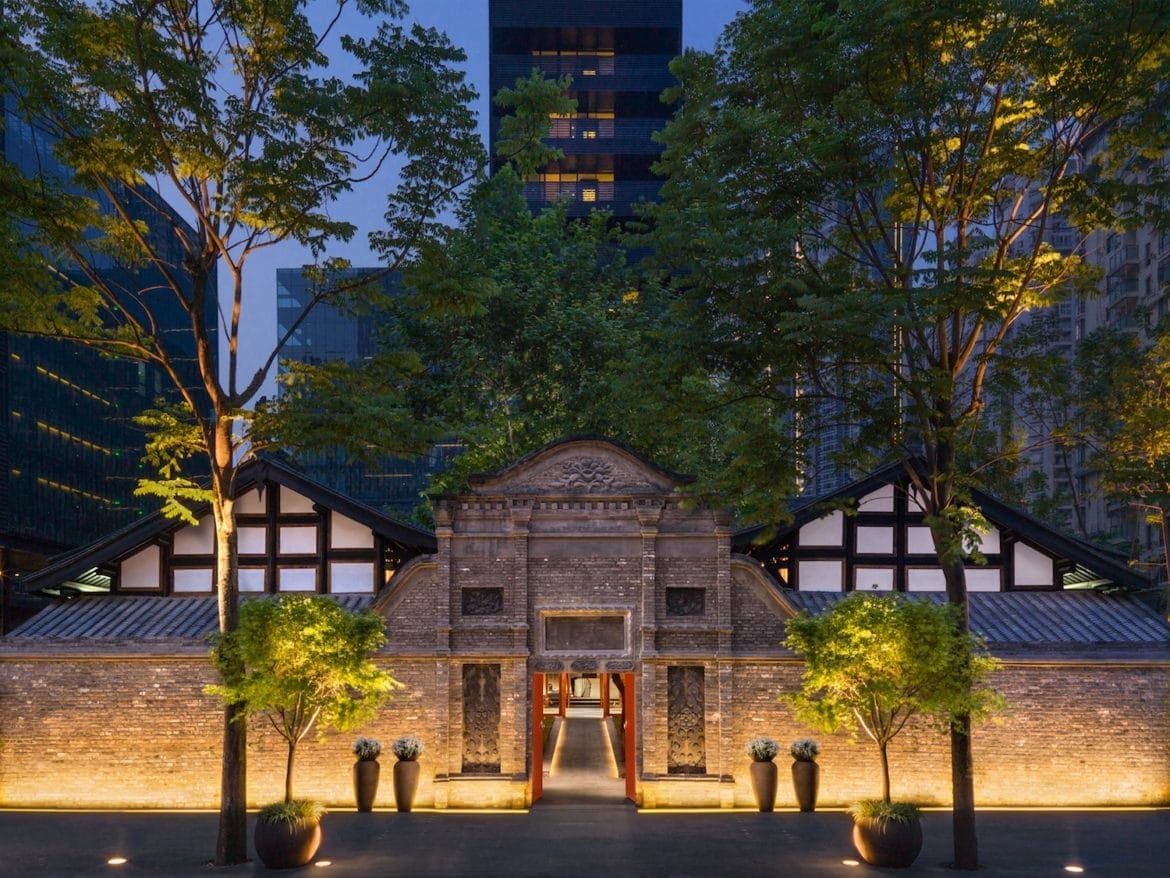
What activities are there for people to do at The Temple House? We focus a lot on Chinese culture in our programming. We have calligraphy every Tuesday in the Tea House, to teach guests the old art and long-forgotten Chinese history. Wellness is a big part of our hotel concept, and we have yoga mats in every room provided by Lululemon: a teacher from New York who is now based in Chengdu comes in every Saturday to teach a free yoga class to guests. We have fitness boot camps with a personal trainer on Sunday for those looking for something more intense, and we offer swimming lessons in our 25-metre lap pool. We also provide a lot of activities for families: picnics on Saturdays in our French bistro, movie nights, and English or Mandarin tuition for children in the library.
You’ve won awards for you men’s wellness programmes: can you tell us a bit about them? We have! We focus a lot on men’s treatment. We have the barbershop for grooming and haircuts, and our newest programme is the Venus Legacy, which is a slimming treatment for men. We call it, ‘when the panda transforms into a poodle.’
What does The Temple House offer guests looking for a dietary or detoxing wellness escape? We have a lot of guests, especially American tourists, who have a lot of allergies and special dietary requirements, which we are more than happy to cater too. We are often asked about vegan and vegetarian options, which we do have: in our Tea House, 95% of our dishes are vegan or vegetarian. We work with a lot of organic farmers in Yunnan province to get excellent quality mushrooms, herbs and vegetables; plus we have our own on-site herb and vegetable garden which we use wherever possible. We even have a vegetarian hotpot, the Sichuan special: we use truffle in the soup because Chinese truffle is very fresh.
What role does tea play in your hotel and wellness programmes? We work with 10 local Sichuan tea farmers, and we actually have our own tea field. We have a tea master in our Tea House, who we can arrange private sessions and ceremonies with. We use tea a lot in our restaurants, shop and spa: for example, we make a lot of our own scrubs using Himalayan salts and tea. We also have a “Tea Bible”, offering 44 different types of tea for guests to enjoy and reflect the renowned tea culture of Chengdu.
How is Traditional Chinese Medicine incorporated into the Mi Xun Spa? We have a lot of Chinese-based treatments and therapies. There are two particular massages that are rooted in Chinese tradition: the traditional Tu Nai massage, which is a more intense deep tissue massage, and the bamboo massage which is similar to a hot stone massage but instead of stones you use bamboo sticks to release muscle tensions. We use a lot of tea-based products, like Themae who make their massage oils with of tea leaves, in addition to treatments like reflexology.
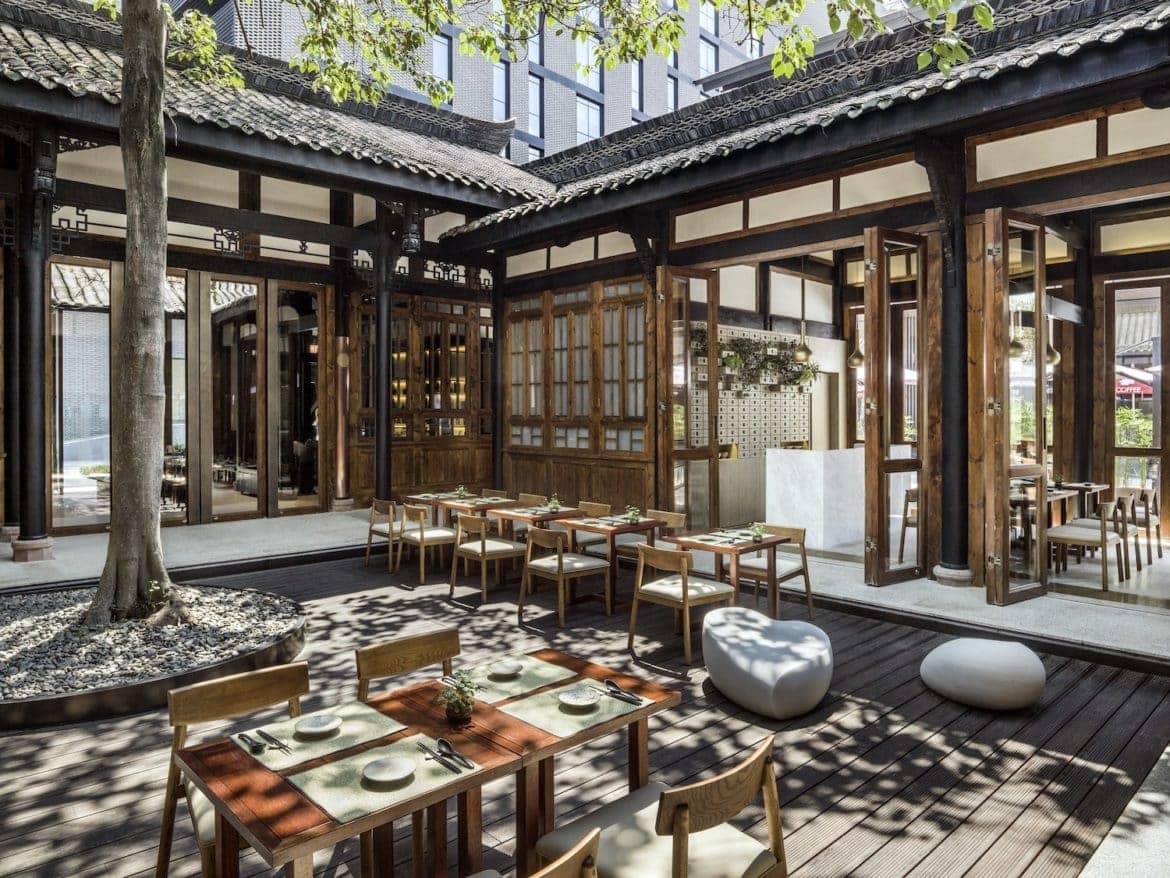
In your experience, what difference do you notice in luxury travellers who come to The Temple House versus other locations? In Chengdu, 67% of our guests are domestic Chinese tourists. The rest are American, Australian or from Hong Kong or Singapore. Most of our Chinese guests come to Chengdu for the culture: the lifestyle in Chengdu is very relaxed, and we find that the outdoor areas are most popular so they come for the experience of nature too. Of course, we’re famous for the pandas, which brings a lot of guests from overseas. The research centre is only 30 minutes away from the hotel, and we offer a ‘Panda Experience’, so our driver will take you there, pick you up and organise your tickets. There are other programmes too, where you can be a zookeeper for the day which we can also arrange. As a treat for our guests, we create our own panda cupcakes as a surprise.
What makes The Temple House the perfect weekend getaway for Hong Kongers? In a weekend, you want to be time efficient. We organise all of your transport to and from the airport, and we can organise whatever activities you want to experience in advance. We have a lot of activities in the hotel if guests want to just relax, or if guests want to experience the local culture of Chengdu we can arrange guides to local restaurants and food tours, or book guests into hot-pot and Chinese opera experiences. There is so much to see and do just outside of Chengdu as well—aside from the Pandas, there is Qing Cheng mountain with a cable car for easy access to the mountaintop, and the Leshan Giant Buddha, the biggest in the world, is around an hour’s drive, both of which we can help guests to organise.
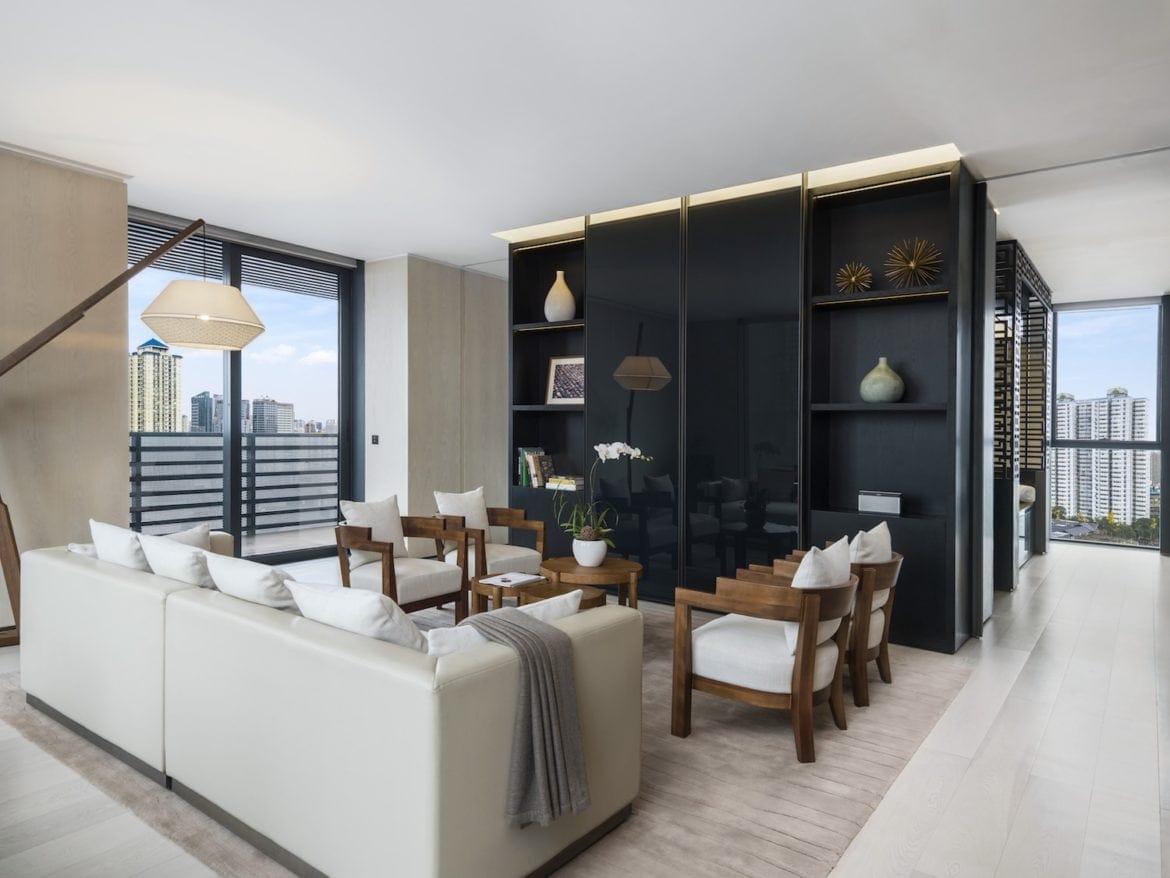
Describe your perfect stay at The Temple House. I would stay in the Deluxe Temple Suite, which is my favourite room: it has a balcony facing Taikoo Li, it’s beautiful. My favourite spa treatment is the bamboo massage, and I’d get a shave and haircut afterwards. I would have lunch in the tea house to enjoy a light vegan lunch, and then I’d take a dip in the pool. If I was there for a weekend, I’d sign up for a boot camp session with our personal trainer and take a yoga class to relax. In the evening, I’d go out to eat some of the local spicy Sichuan food.
What are the must-buy souvenirs for tourists in Chengdu? The Sichuan spicy sauces for sure. Go to the stores and try them all, they are the best thing to take home. The other thing in Chengdu is the local designers for fashion, Feng Choi is a famous bookstore in Taikoo Li, and there’s a famous Chinese designer there who does beautiful clothing designs.
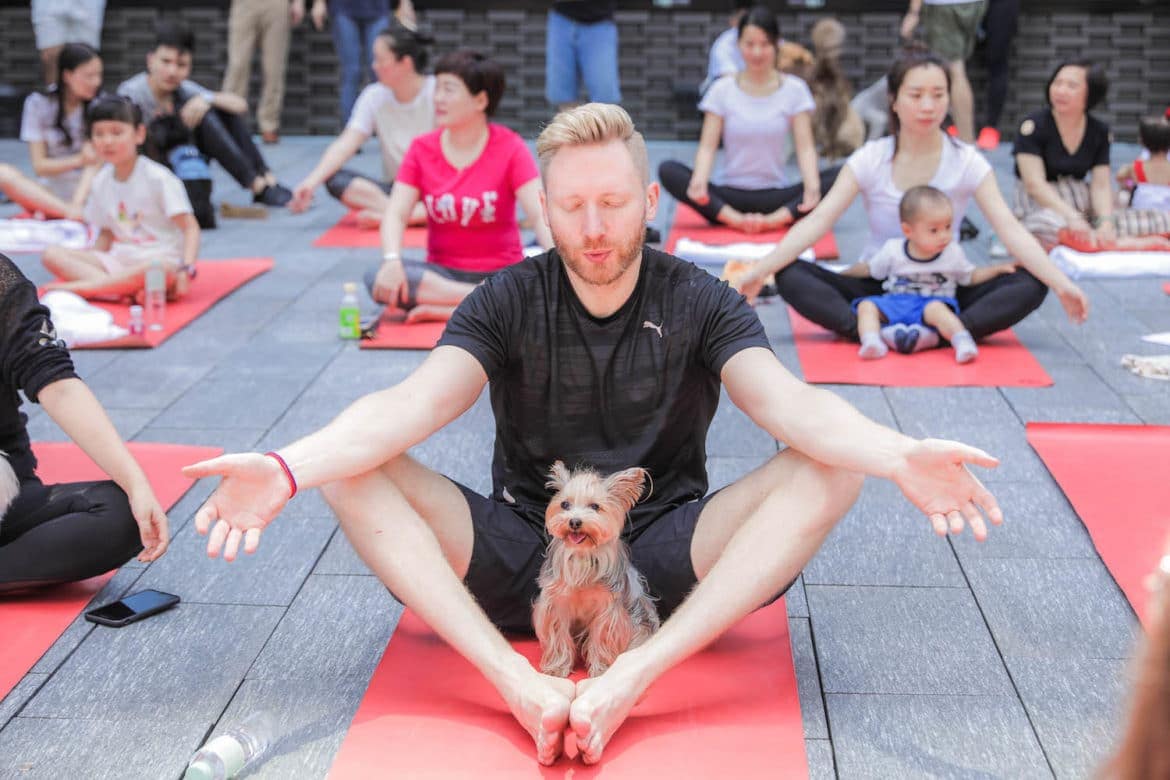
What travel trends are you noticing in 2018, and how is The Temple House responding to them? We are seeing a big increase in family tourism. So many luxury hotels focus on adults only, but Millennials want to have children too and they still want to stay in cool hotels. We’re an urban wellness retreat that focuses on lifestyle and is very accessible, so we are becoming that place for them and we have adapted our programme to suit that. One of our newest offers is for glamping experiences, which families really enjoy: we set up luxurious tents on the terrace. We also have a lot of activities for families: movie nights, picnics, swimming lessons and language tutors for English speakers to learn Mandarin and vice-versa.
The Temple House has won multiple awards for its design and sustainability. What is the hotel doing to promote sustainability? We have our own herb and salad garden, and try to locally source where possible and support organic farming. Each year, our Christmas tree is a metal structure in the courtyard which we reuse each year, and we choose a different item to recycle and decorate the tree with each time. Last year we recycled 8,000 metal cans left over from the Daci Temple; the year before we recycled 4,000 wine bottles left over from our restaurants in the hotel; this year we are recycling plastic bottles and taking a look at our sustainability policies regarding what materials we use in-house.
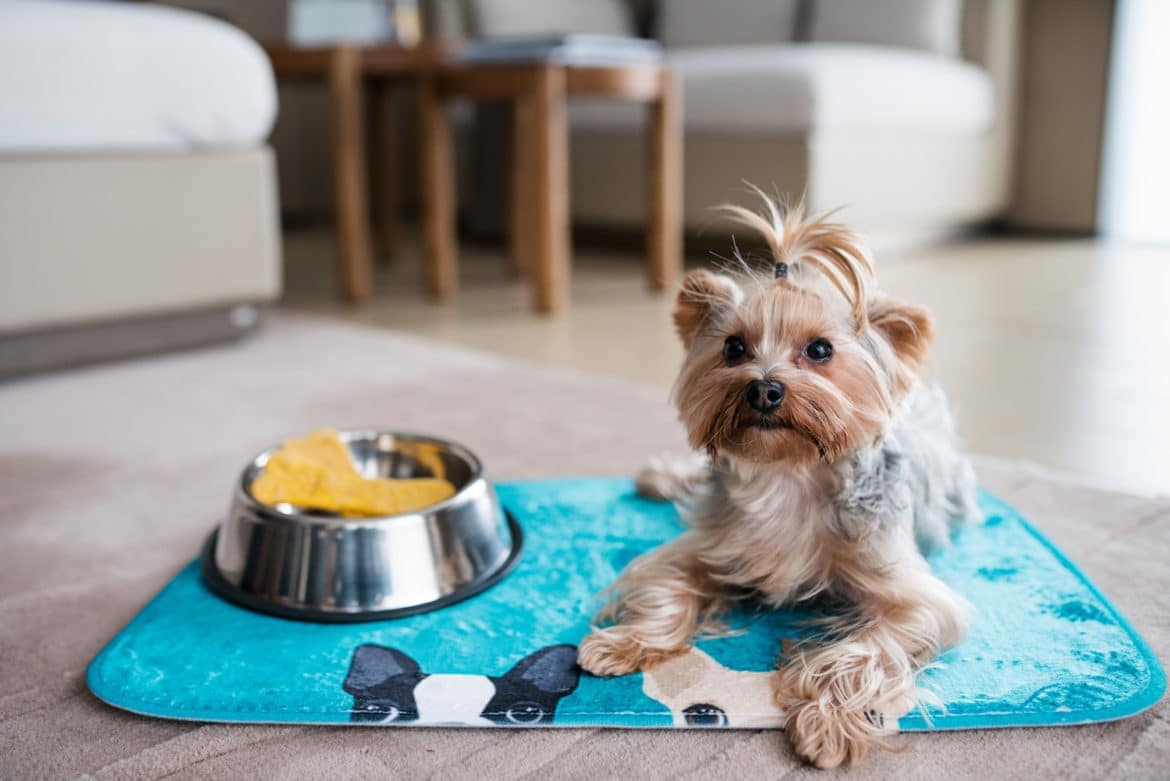
The Temple House does a lot to support the local community. What has been your latest project in this? We are a pet-friendly hotel, and so we always try to educate people about animal welfare which is why we support the conservation efforts at the panda research centre, and also Jill Robinson and her team at Animal Asia who rescue and care for Moon Bears (or the Asian Black Bear). We host an event every two months with 40 invited guests and media, and invite a speaker along to talk about a cause—we invited Jill along on one occasion and then took all the guests to her research centre to showcase her work. In China too, there are so many dogs up for adoption, so we work with a local dog rescue centre to organise adoption days: we did the first ever Doga Yoga in Chengdu, and at the same time we had those dogs in for adoption, which we now do once a month.
Tell us more about The Temple House’s pet-friendly policy. The programme is called ‘So Fetch’. We make our own dog cookies, and we have an organic menu for the dogs and cats, so they can eat well too. Dogs are welcome in the cafe areas and terrace, and we even have special cushion covers for the dogs. We have thought through all the details to make sure guests and their pets are comfortable.

